The Rational Solution: Integrated Treatments
Supported by Research
Based on research and clinical expertise, there is a practical solution to addressing this vast gap in services and the consequences this population endures as a result: integrated treatment [57][58][59][60]. Integrated treatment is designed to address at least two or more issues, often with a set of multiple disciplinary services and practitioners who are adept at providing specific interventions [61]. For example, integrated treatment could include the utilization of a psychiatrist for assessment, diagnosis, and medication-assisted treatment, along with a psychotherapist who can address both the specific mental health issues (e.g. OCD, Depression, PTSD) and the SUD. Having these interventions supported by the client’s utilization of a 12 Step program, would also be an example of integrated treatment. Another example could be a group therapy intervention that combines SUD work with the co-occurring issues, like depression, using Cognitive Behavioral Therapy (CBT)[62][63].
Research has shown that integrated approaches are substantially more advantageous to clients with SUD’s than single focused interventions [64]. It could be inferred that when addressed concurrently within the same organization and by the same providers, adherence to treatment and the success of treatment could be enhanced [65].
Ethical Clinical Practice
The ethos and benefits of integrated treatment go beyond organizational programming and service delivery. Psychotherapy practice research has demonstrated that effective therapists often employ several methods and theories to address their client’s specific needs [66]. Whether integrated care comes in the form of residential treatment or an outpatient therapy practice, it would seem very prudent to utilize this model in all settings that aim to help clients with Substance Use Disorders.

